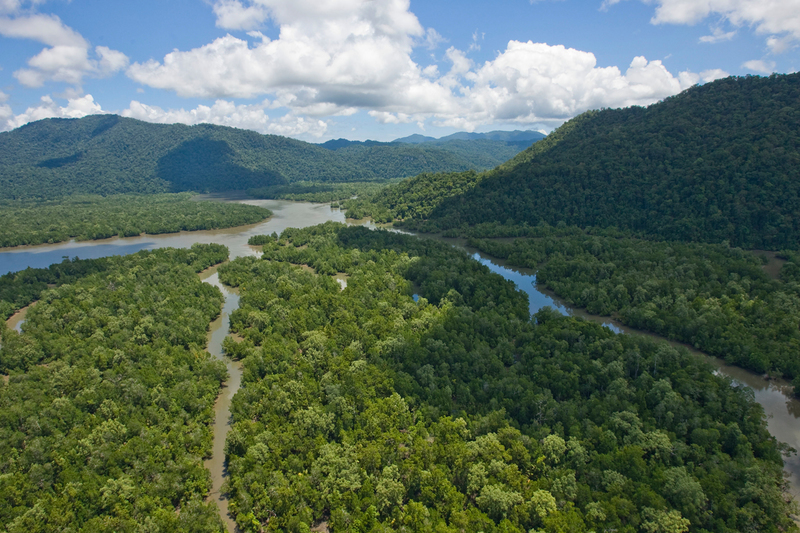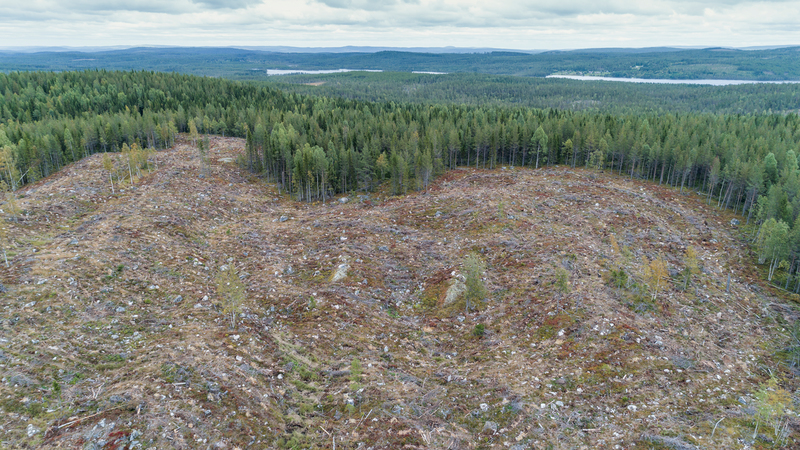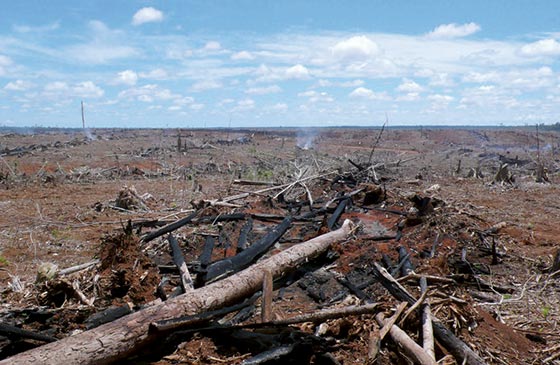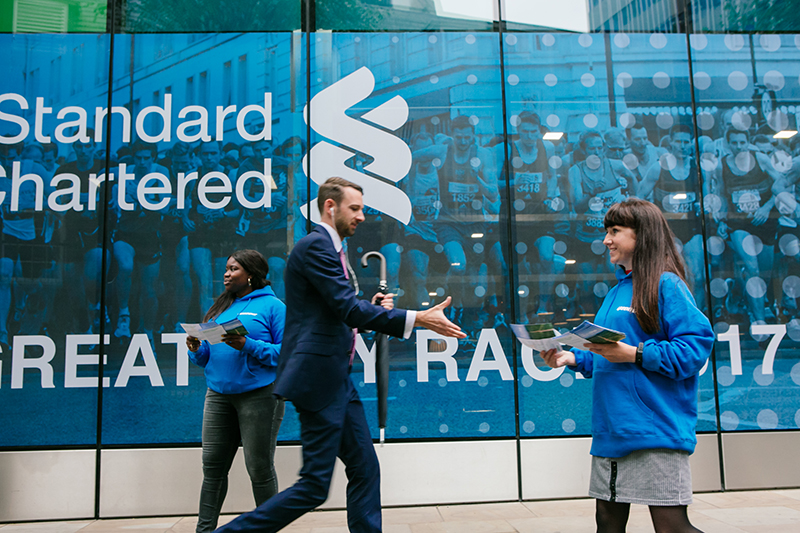HSBC triggers palm oil investigation to prevent forest destruction

HSBC has just triggered an investigation into a palm oil company which is preparing to clear a huge area of pristine forest in Indonesia.
This isn’t just any palm oil company. Noble Plantations is part of Noble Group, which is one of HSBC’s customers. It’s been nearly five months since HSBC was forced to upgrade its policy after hundreds of thousands of people demand that it stop funding companies destroying Indonesia’s forests. This is the first public evidence that HSBC is taking its new palm oil policy seriously
Together with colleagues at the Environmental Investigation Agency, we presented HSBC and three other banks with evidence that Noble was about to clear an area of forest in Papua three times the size of Manhattan. The other banks – ABN Amro, ING and Rabobank – all refused to raise a complaint with the Roundtable on Sustainable Palm Oil (the industry body that is supposed to be ensuring its members produce palm oil sustainably) to challenge Noble’s plans.
While HSBC also didn’t raise an official complaint, it did pass on the evidence to the RSPO and this instigated the investigation. As reported in the Financial Times (£), the RSPO has also advised that Noble stops work until the investigation is complete.
What’s happened is quite geeky, but also really important. HSBC and the other banks all rely on the RSPO to reduce their exposure to destructive palm oil companies and yet so far have been reluctant to take any action against those shown to be wreaking environmental havoc.
Banks are being forced to realise it isn’t enough to let someone else ensure their customers in the palm oil industry are behaving responsibly. Instead, they need to be actively monitoring their clients to check their policies are being followed. HSBC has set a precedent for calling these companies out, even if it has commercial relationships with them.
Since HSBC published its new policy in February, a number of other banks have also taken steps towards improving their stance on palm oil. BNP Paribas recently published a new policy which, while not perfect, improves on the previous version. Meanwhile, all eyes are on Standard Chartered and Deutsche Bank, both of which have promised new policies but have yet to come up with the goods.
It’s not just European banks feeling the heat. Singapore bank DBS has gone from having no policy at all to at least having a page on its website about palm oil – it doesn’t say anything meaningful but clearly DBS has seen which way things are going and has felt the need to make at least some effort, however minimal.
Banks are slowly waking up to the fact that they need to do more – much more – in taking their responsibilities seriously. It’s not enough to have good policies on paper that don’t translate into firm action, and the faster banks like HSBC act on their promises, the more of Indonesia’s forests can saved from the bulldozers.




